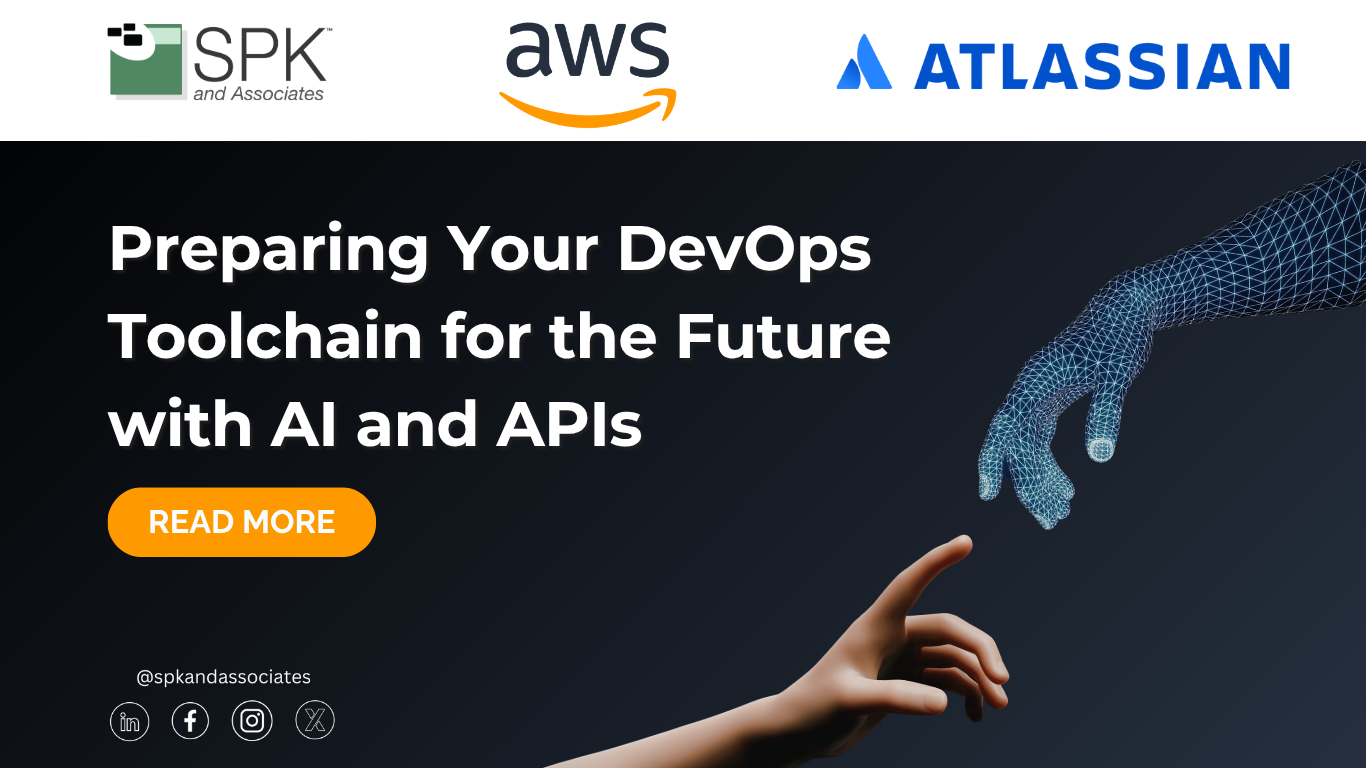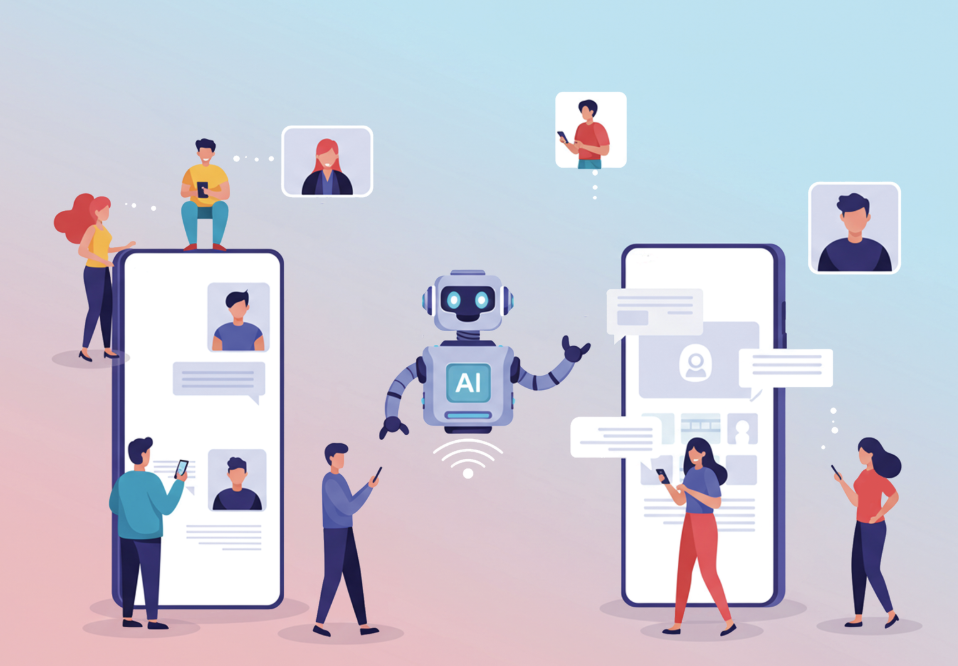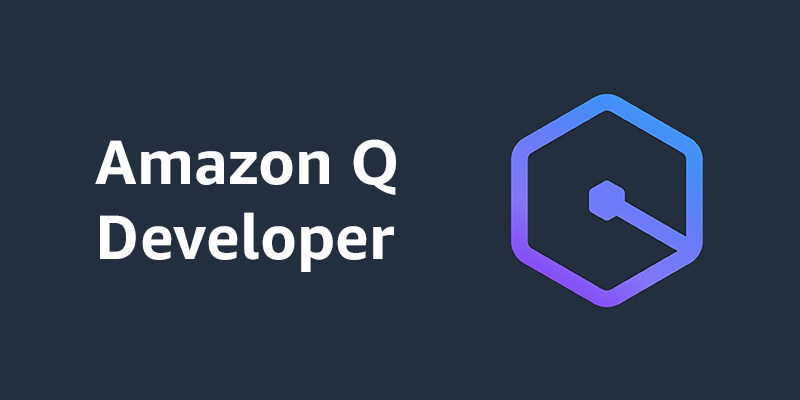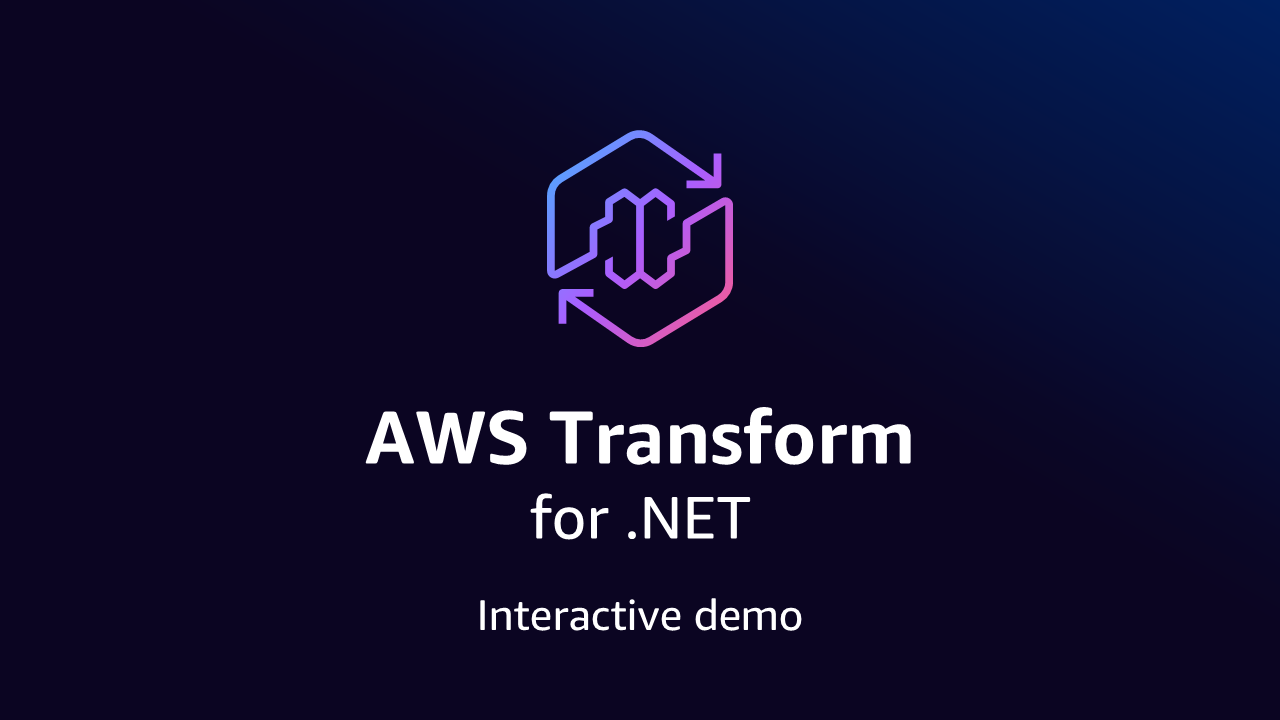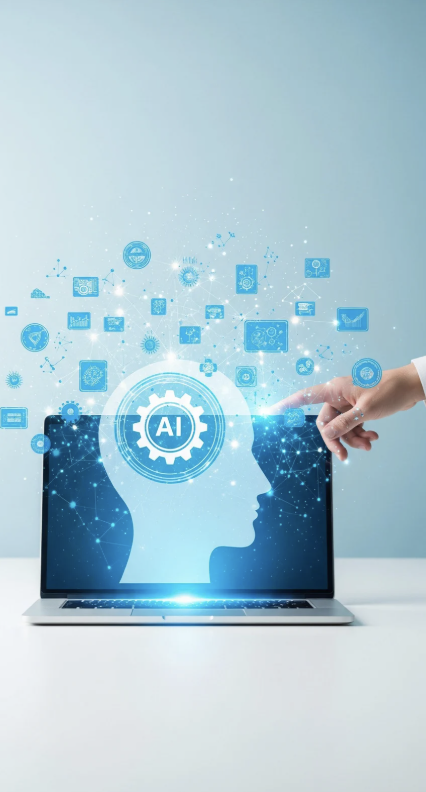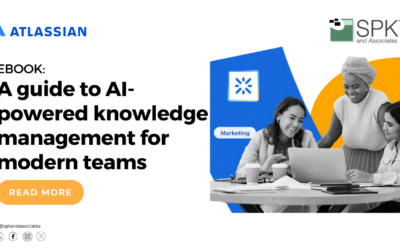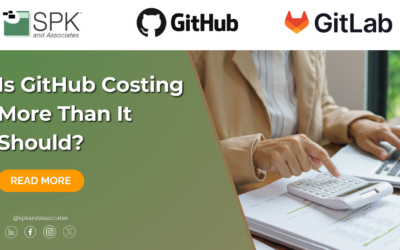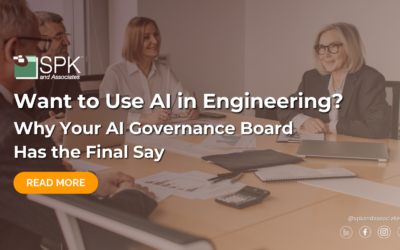For many years, automation and integration through APIs have driven efficiency in the DevOps space. These features connect code repositories, CI/CD pipelines, and monitoring systems into cohesive toolchains. However, the next major leap in software development is underway. The emergence of Agentic AI is transforming how teams build, deploy, and manage software. In the same way cloud computing reshaped infrastructure, Agentic AI will redefine the DevOps landscape. Rather than reacting to human input, AI agents will predict, plan, and execute workflows independently. Let’s explore how companies like Atlassian, Intuit, and AWS are already diving into this new age of development.
Agentic AI: The Next Frontier of Automation
Unlike traditional chatbots that simply respond to prompts, AI agents can understand goals, decide on strategies, take action, and learn from outcomes. They access tools, data, and Application Programming Interfaces (APIs) to navigate complex tasks such as code generation or infrastructure orchestration. This means future DevOps toolchains won’t just execute predefined pipelines; they’ll dynamically adapt. Imagine AI agents that can:
- Detect incidents before they occur by monitoring performance trends.
- Automatically spin up environments or reconfigure pipelines based on project context.
- Collaborate with other agents to balance workloads or resolve deployment blockers.
This results in a smarter, self-healing DevOps ecosystem that evolves with your organization.
Atlassian Rovo
Atlassian is leading the way with Rovo, its agentic AI platform integrated across Jira, Confluence, Bitbucket, and Loom. Rovo isn’t just an assistant, but rather a network of AI agents that automate code planning, generation, review, and incident management.
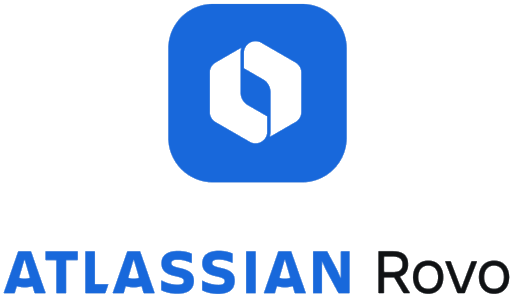
- Code Planning: Rovo surfaces relevant requirements and historical context from across Jira and Confluence to help developers plan faster.
- Code Generation: It turns Jira work items into pre-built code, including refactoring, tests, and documentation.
- Code Review: Rovo Dev analyzes pull requests, suggests improvements, and validates changes against Jira acceptance criteria.
- Incident Management: Rovo detects related tickets, identifies responders, and recommends next actions based on historical patterns.
By uniting data from Atlassian and third-party tools like Google Drive, SharePoint, and GitHub, Rovo is transforming DevOps into a context-aware, multi-agent ecosystem. Atlassian estimates Rovo agents have already reduced manual project work by 4x, allowing teams to focus more on strategy and innovation.
Agentic AI in AWS
AWS is embedding Agentic AI deeply within its infrastructure ecosystem. With Amazon Bedrock AgentCore, AWS provides the necessary memory and runtime needed to deploy and operate AI agents securely at scale. Key offerings like Amazon Q Developer and AWS Transform show how AI agents can revolutionize DevOps and migration workflows:
- Amazon Q Developer accelerates software development with intelligent coding agents that automate build, test, and deployment tasks.
- AWS Transform uses agents to modernize .NET, mainframe, and VMware workloads. It enables generalist teams to execute complex migrations without waiting on specialists.
These examples illustrate the future of AI-driven orchestration via APIs. Infrastructure can self-optimize, and workloads can move autonomously between environments. AWS’s approach highlights the importance of building agent-ready toolchains that AI can easily integrate and control.

How Intuit Uses Agentic AI
Intuit’s Enterprise Suite showcases the power of Agentic AI beyond engineering. Its AI-driven business agents act as proactive digital coworkers, automating and optimizing complex financial and operational workflows.
- The Finance Agent performs KPI analysis, forecasting, and peer benchmarking to guide smarter decisions.
- The Accounting Agent reconciles transactions and automates bookkeeping with precision.
- The Project Management Agent builds project plans, estimates profitability, and tracks performance.
- The Payments Agent predicts late payments, automates invoicing, and accelerates cash flow, getting businesses paid an average of five days faster.
By connecting data across ERP, accounting, HR, and analytics systems via APIs, Intuit’s AI agents create an end-to-end automation fabric that transforms operational efficiency. The lesson for DevOps teams is clear: AI agents excel when connected to diverse systems through APIs, turning siloed data into actionable intelligence.
How Your Team Can Utilize AI Agents
To prepare for the future of DevOps, organizations must evolve their toolchains into AI- and API-first ecosystems. Here’s how to start:
1. Audit and Simplify Your Toolchain: Reduce unnecessary tools and standardize on platforms with robust APIs and native AI capabilities.
2. Adopt Platforms Built for Agents: Solutions like Atlassian Cloud, GitLab, and AWS Bedrock already provide agent-ready architectures.
3. Expose and Secure Your APIs: Ensure your systems can be safely accessed by AI agents with proper authentication, observability, and guardrails.
4. Integrate Context Across Tools: AI agents thrive on connected data, so link issue tracking, documentation, and CI/CD to give them full context.
5. Experiment with Use Cases: Start small with code review automation, release documentation generation, or incident triage before scaling across pipelines.
As AI agents mature, your DevOps environment will become a collaborative network of humans and machines. Allow APIs to serve as the connective tissue for autonomous workflows.
The Future of DevOps Toolchains with AI and APIs
The future of DevOps isn’t just about faster pipelines, but intelligent, adaptive systems that continuously learn. Agentic AI and APIs together form the foundation of that future by enabling software delivery that’s not only automated, but autonomous. Organizations that prepare their toolchains now will be the ones leading this next era of innovation. From Atlassian Cloud implementations to AWS infrastructure optimization, SPK and Associates ensures your toolchain is ready for the age of Agentic AI. If you are ready to step into the future, contact us today.


